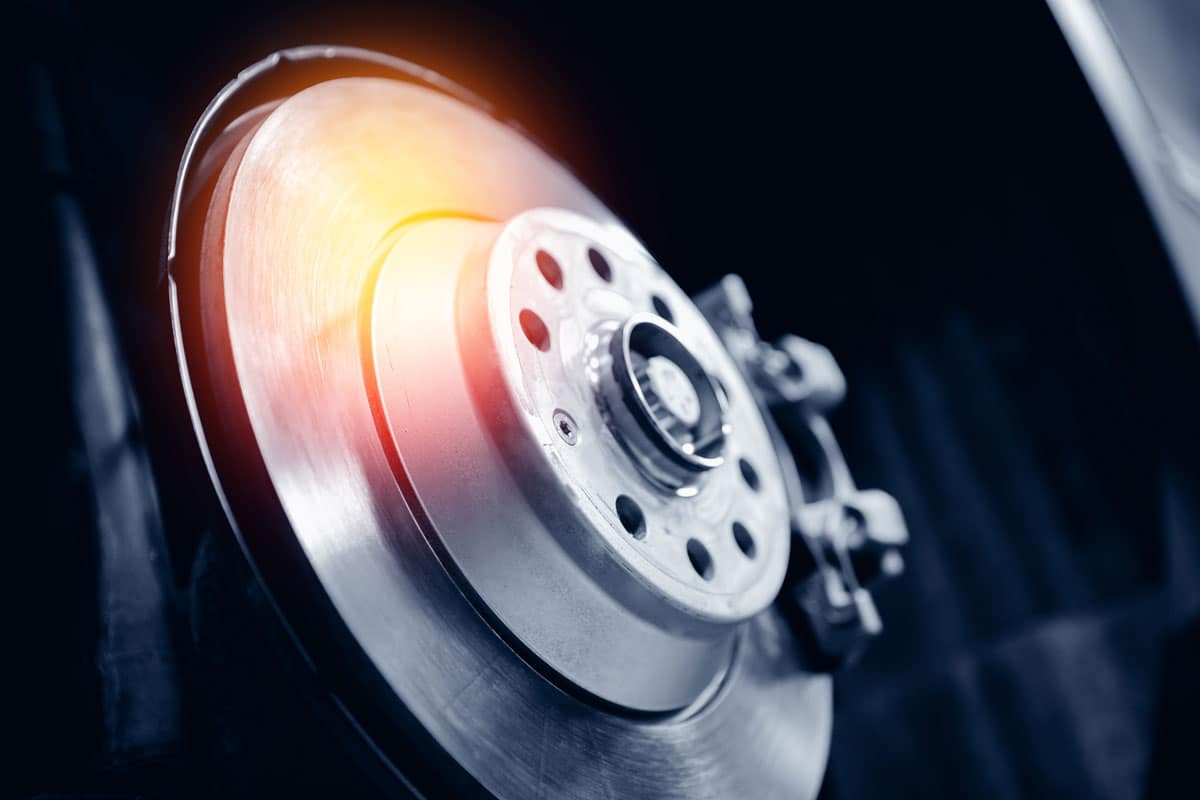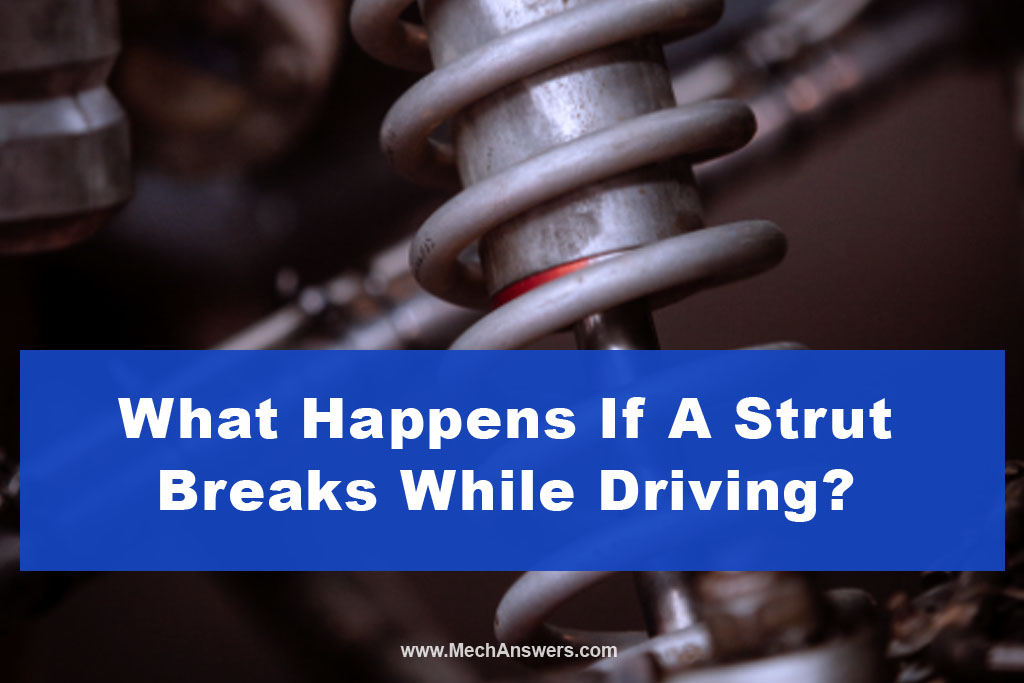
What Happens if a CV Joint Breaks While Driving?
I was driving home from work one day when I heard a loud pop from the front of my car. I immediately pulled over to the side of the road and got out to take a look. I could see that the CV joint on the driver’s side had broken. I was stranded on the side of the road, and I didn’t know what to do.
If you’ve ever experienced a broken CV joint, you know that it can be a frustrating and dangerous situation. A CV joint, or constant velocity joint, is a mechanical component that allows the wheels of a vehicle to turn smoothly and efficiently. When a CV joint breaks, it can cause the wheel to come loose from the axle, which can lead to a loss of control and an accident.
What are the signs of a broken CV joint?
There are several signs that may indicate a broken CV joint, including:
- A loud popping noise from the front of the car when turning or accelerating
- A clunking or grinding noise when turning or accelerating
- A vibration in the steering wheel or floorboard
- Difficulty turning the steering wheel
- A loss of power to the wheels
If you experience any of these symptoms, it’s important to have your car inspected by a mechanic as soon as possible. Driving with a broken CV joint can be dangerous, and it can lead to further damage to your car.
What causes a CV joint to break?
There are several factors that can contribute to a broken CV joint, including:
- Wear and tear: CV joints are subject to a lot of wear and tear, and they can eventually fail due to normal use.
- Lack of lubrication: CV joints need to be properly lubricated in order to function properly. If the CV joint is not properly lubricated, it can cause the joint to overheat and fail.
- Damage: CV joints can be damaged by impact or collision. If the CV joint is damaged, it can cause the joint to fail.
What should I do if my CV joint breaks?
If your CV joint breaks, it’s important to pull over to the side of the road as soon as possible. Driving with a broken CV joint can be dangerous, and it can lead to further damage to your car. Once you have pulled over, you should call a tow truck to have your car towed to a mechanic.
The mechanic will be able to inspect your car and determine the extent of the damage. The mechanic may be able to repair the CV joint, or they may need to replace it. The cost of repairing or replacing a CV joint will vary depending on the make and model of your car.
How can I prevent my CV joint from breaking?
There are several things you can do to prevent your CV joint from breaking, including:
- Regular maintenance: Have your car inspected by a mechanic regularly. The mechanic will be able to check the CV joints for signs of wear and tear and make sure that they are properly lubricated.
- Avoid overloading your car: Don’t overload your car with passengers or cargo. Overloading your car can put extra stress on the CV joints and cause them to fail.
- Drive carefully: Avoid driving over rough roads or potholes. Driving over rough roads can put extra stress on the CV joints and cause them to fail.
Conclusion
CV joints are an important part of your car’s drivetrain. They allow the wheels of your car to turn smoothly and efficiently. If a CV joint breaks, it can cause the wheel to come loose from the axle, which can lead to a loss of control and an accident. It’s important to be aware of the signs of a broken CV joint and to have your car inspected by a mechanic if you experience any of these symptoms.
Are you interested in learning more about CV joints? Let us know in the comments below!
FAQ
Q: What are the symptoms of a broken CV joint?
A: The symptoms of a broken CV joint include a loud popping noise from the front of the car when turning or accelerating, a clunking or grinding noise when turning or accelerating, a vibration in the steering wheel or floorboard, difficulty turning the steering wheel, and a loss of power to the wheels.
Q: What causes a CV joint to break?
A: CV joints can break due to wear and tear, lack of lubrication, or damage.
Q: What should I do if my CV joint breaks?
A: If your CV joint breaks, you should pull over to the side of the road as soon as possible and call a tow truck to have your car towed to a mechanic.
Q: How can I prevent my CV joint from breaking?
A: You can prevent your CV joint from breaking by having your car inspected by a mechanic regularly, avoiding overloading your car, and driving carefully.

Source Image: letsgoforaride.com

Source Image: letsgoforaride.com

Source Image: letsgoforaride.com
Appreciate for your animated exploration of this material. What Happens If A Cv Joint Breaks While Driving, is a great source for expanding your awareness.